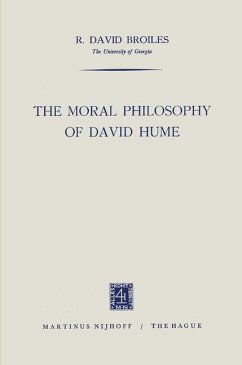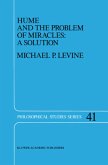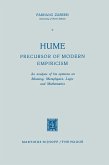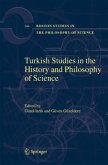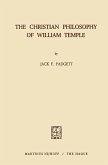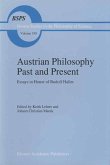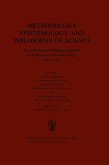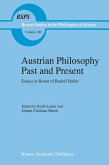This work is primarily concerned with Hume's arguments concerning the respective roles of reason and passion in moral decisions. Thus, the major part of the work deals with section I of Part I of Book III of the Treatise, where Hume argues that moral distinctions are not derived from reason. But in discussing this section, I have had to take into account most ofthe other sections of Book III, and some important ones from Book II of the Treatise and the Enquiry Concerning the Principles of Morals. Omissions, however, are noticeable. While I have gone into great detail on Parts I and II ofthe Treatise of Morals, I have omitted any discussion of Part III. I have not discussed everything Hume has to say on ethics, or even everything in Book III of the Treatise. I have placed certain limits on myself in writing this work. I attempt to point out only what is central to Hume's ethics, and this I believe to be the first section of Book III, and to show how certain assumptions and conclusions of this section underlie the rest of Hume's considerations on ethics. Thus, I have tried to show that Hume's discussion of the artificial virtues necessarily follows from the assump tions and conclusions of section I. But I leave it to the reader, in his further study of Hume, to apply my points to other sections of Hume that I have not discussed.
Hinweis: Dieser Artikel kann nur an eine deutsche Lieferadresse ausgeliefert werden.
Hinweis: Dieser Artikel kann nur an eine deutsche Lieferadresse ausgeliefert werden.

